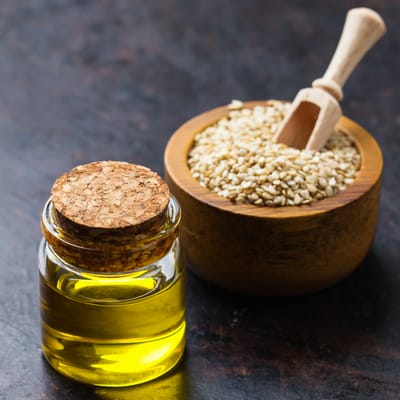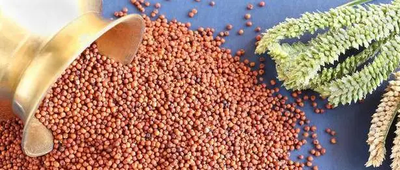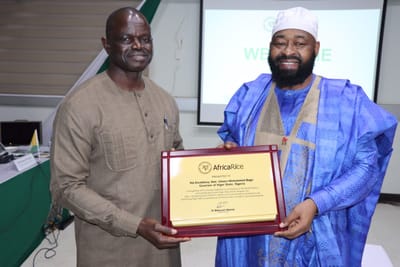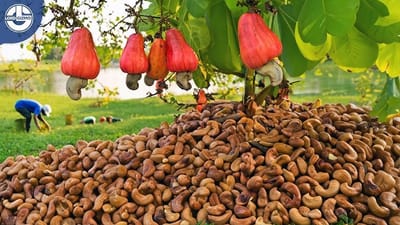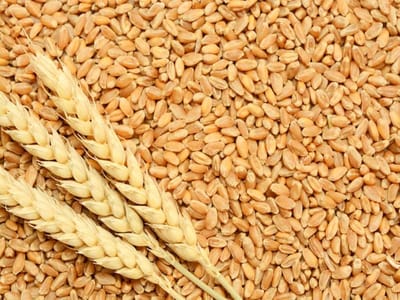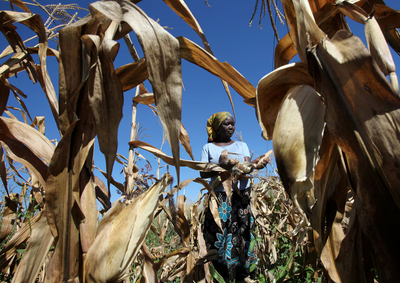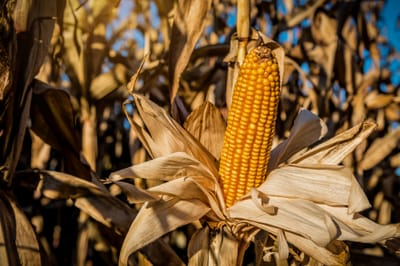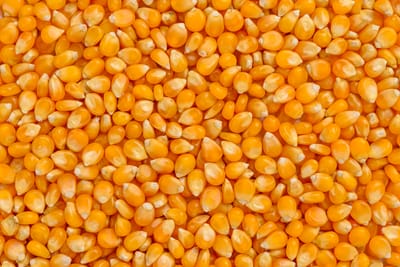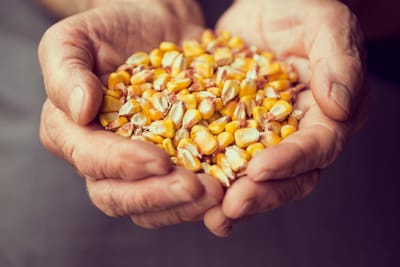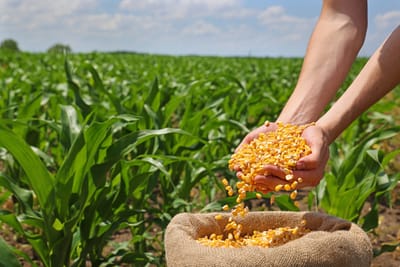MAIZE #Import
The size of the sesame oil market in Africa reduced modestly to $721M in 2024, remaining constant against the previous year. This figure reflects the total revenues of producers and importers (excluding logistics costs, retail marketing costs, and retailers' margins, which will be included in the final consumer price). Overall, consumption saw a relatively flat trend pattern. The level of consumption peaked at $929M in 2017; however, from 2018 to 2024, consumption stood at a somewhat lower figure.
Read More- Growing Demand: The demand for millet in Africa is increasing due to its nutritional benefits, gluten-free properties, and drought resistance. Countries like South Africa, Kenya, and Nigeria are driving this growth.- Market Size: The global millet market size was estimated at $36.94 billion in 2023 and is projected to reach $55.71 billion by 2030, growing at a CAGR of 6.2%. Africa is expected to play a significant role in this growth.-
Read MoreTunisia’s recurring soft wheat tenders aren’t just a local story—they’re a bellwether for global agricultural markets. As the North African nation scrambles to secure its wheat supply against a backdrop of drought, domestic production shortfalls, and geopolitical shifts, investors are being handed a unique opportunity to capitalize on structural demand trends in global commodities.Tunisia’s wheat imports have surged in recent years, with the 2024/25 season projecting a staggering 1.8 million metric tons of imports to meet domestic consumption of 2.89 million metric tons. This dependency isn’t a temporary fix—it’s a structural shift driven by three key factors: 1. Domestic Production Constraints: Tunisia’s wheat output remains stubbornly low, averaging 1.25 million metric tons annually. Droughts and soil salinity issues in key growing regions like Kairouan and Sousse have made self-sufficiency a distant dream.
Read MoreThe centerpiece of this collaboration is Niger State’s bold vision to increase annual paddy production from the current 1.5 million tons to an unprecedented 10 million tons by 2030. This six-fold increase represents one of Africa’s most ambitious agricultural transformation targets and positions Niger State as a critical player in Nigeria’s journey toward rice self-sufficiency.“Through this strategic partnership with AfricaRice, Niger State is committed to transforming our entire rice value chain to dramatically increase yields and production statewide. With rice being a staple food for millions of Nigerians, this partnership presents a golden opportunity to scale up proven innovations and finally achieve the rice self-sufficiency our nation deserves.” stated H.E. Hon.
Read MoreThe Africa cashew market is experiencing robust growth driven by increasing global demand, particularly from Asia and Europe. West African countries such as Ivory Coast, Ghana, and Nigeria dominate production, collectively contributing over 60% of global cashew nut exports. Favorable climatic conditions and expanding farmland area have supported higher yields. However, the market faces challenges like fluctuating international prices, limited processing capacity within Africa, and infrastructural constraints. Governments and private sectors are investing in improved farming techniques and processing facilities to capture more value locally.
Read MoreThis ambitious target more than doubles the 2,597 tonnes harvested in the previous season, signaling the country’s commitment to reducing its dependency on wheat imports. Since launching a national wheat cultivation recovery plan in 2023, Burkina Faso has emerged as one of the few West African nations prioritizing large-scale wheat production.
Read MoreMillet, Maize, DDGS, Ethanol Int- Zimbabwe has brought back a ban on maize imports to boost local farmers, and has grown enough of its own this year to supply its millers after a bumper harvest, a senior agriculture ministry official said on Monday.
Read MoreIn times of abundant harvests, farmers and agribusinesses must be allowed to export and benefit from the global market. In times of droughts or floods, trade must still be allowed. Indeed, there may be short-term economic pain for consumers through higher prices in deficit years when imports are needed, but this induces farmers to plant more in the coming seasons. At times, governments ban imports to protect local farmers when they have ample domestic supplies, which are deemed sufficient to meet consumer requirements. However, that also limits the consumer’s choice and artificially increases the domestic price by restricting more competitively priced imports. Zimbabwe’s maize supply recovers I am highlighting these policy tradeoffs due to recent news from Zimbabwe. A report by Reuters, a news organisation, suggests that the Zimbabwean government has reinstated a ban on maize imports. The government believes that in the interim, there are sufficient supplies for the local market and wants to ensure maximum price realization for the domestic producers before allowing imports.
Read MoreDriven by rising demand for maize oil in Africa, the market is expected to start an upward consumption trend over the next decade. The performance of the market is forecast to increase slightly, with an anticipated CAGR of +1.1% for the period from 2024 to 2035, which is projected to bring the market volume to 336K tons by the end of 2035. In value terms, the market is forecast to increase with an anticipated CAGR of +4.6% for the period from 2024 to 2035, which is projected to bring the market value to $699M (in nominal wholesale prices) by the end of 2035.
Read MoreMALAWI – The National Food Reserve Agency (NFRA) has announced an immediate increase in maize buying prices, a move aimed at encouraging farmers and traders to deliver more maize to the agency and strengthen national food security.
Read MoreSOUTH AFRICA – South Africa’s trade surplus has fallen sharply, dropping by R34 billion (US$1.89 billion) in a single quarter, largely due to weaker mining outputs and a notable decline in maize exports, according to the latest figures from the South African Reserve Bank’s balance of payments report.
Read MoreZimbabwe has recently reinstated a maize import ban (end of August 2025), citing a bumper harvest which has made the country largely self‑sufficient for its milling/corn demand.
Read More